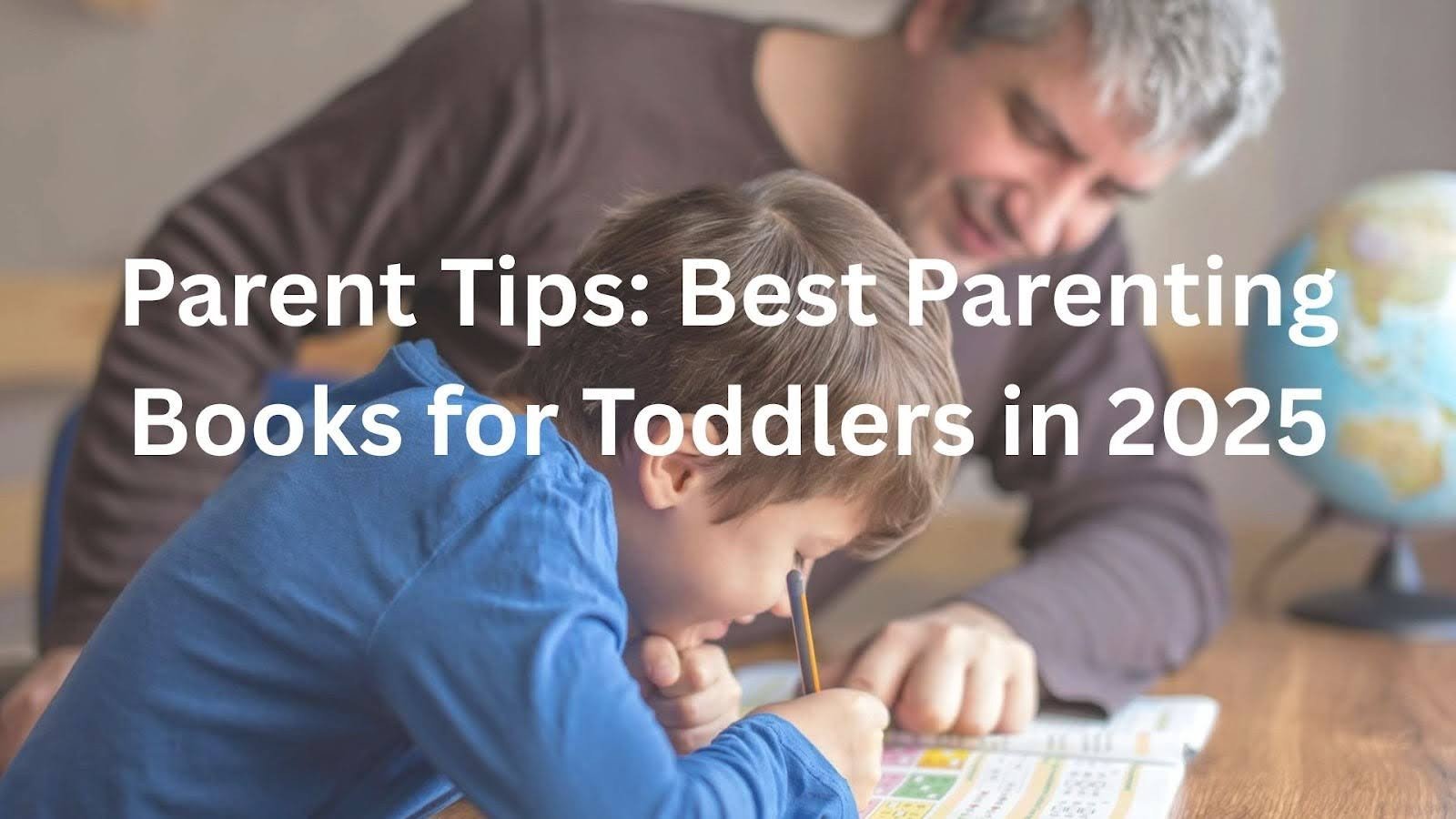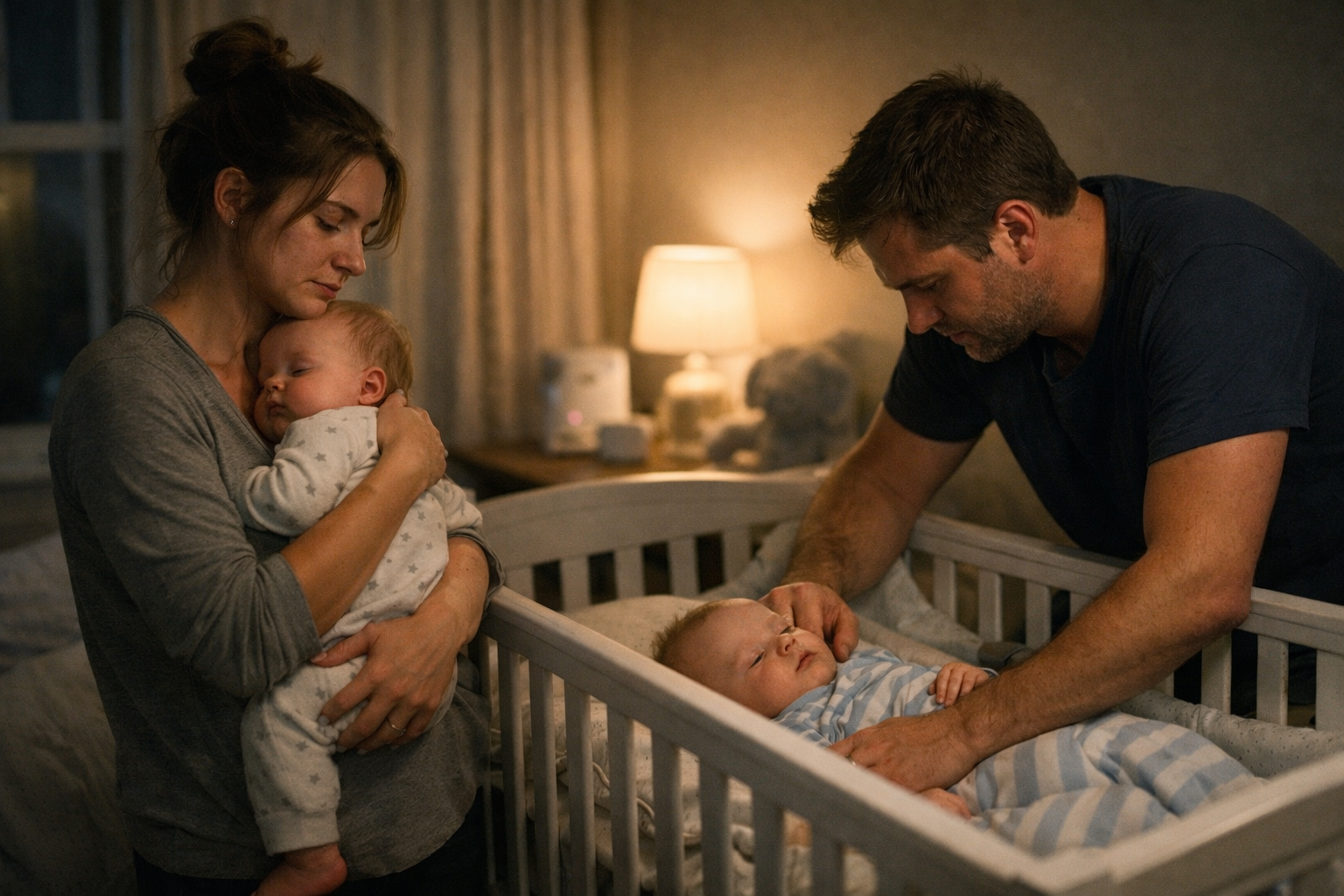Raising a toddler can feel like trying to put together a puzzle when half the pieces are missing. One minute, your child is happy and laughing. The next minute, they’re crying because you gave them the blue cup instead of the red one. You’re not alone in feeling tired and confused.
This is when expert help can save your sanity. The best parenting books for toddlers give you tips that actually work. These tips come from people who study how kids grow and think, plus parents who’ve been through the same tough times.
In this blog, you’ll find books we picked carefully to help with real toddler problems. Each book comes from writers who know about child development or work as child experts.
We looked for books that give you things you can try today, not just ideas that sound nice but don’t help much. We picked these books by reading parent reviews, checking expert opinions, and seeing if they actually help real families.
Top Parenting Books Every Toddler Parent Should Read
Finding the right guidance for your toddler years doesn’t have to be hard. These seven books represent the best parenting books for toddlers available today, each offering unique insights and practical tools for common challenges.
The Montessori Toddler by Simone Davies
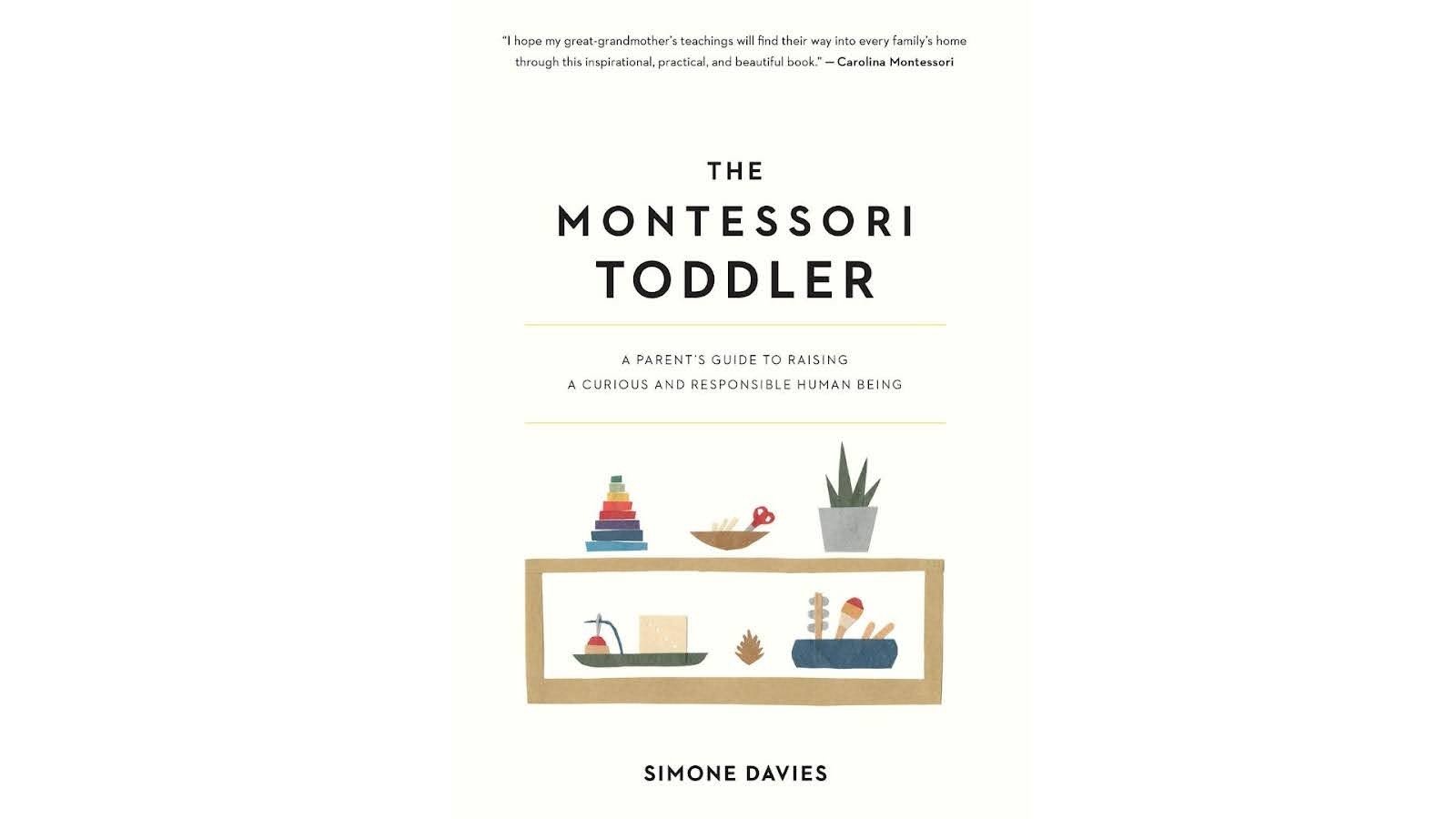
This book makes the Montessori methods simple for everyday families. Davies shows parents how to create calm, organized spaces that help toddlers learn independence. The approach focuses on following your child’s natural development instead of forcing adult schedules.
Parents love this book because it offers real solutions for common problems like tantrums and meal times. The author has years of experience working with young children and knows what actually works. Simple changes to your home setup can make a huge difference in daily life.
With a 4.29 out of 5-star rating, this book proves its worth through results. Families report calmer mornings, better cooperation, and more confident children. The methods respect both parent and child needs without being too strict or too loose.
How to Talk So Little Kids Will Listen by Joanna Faber
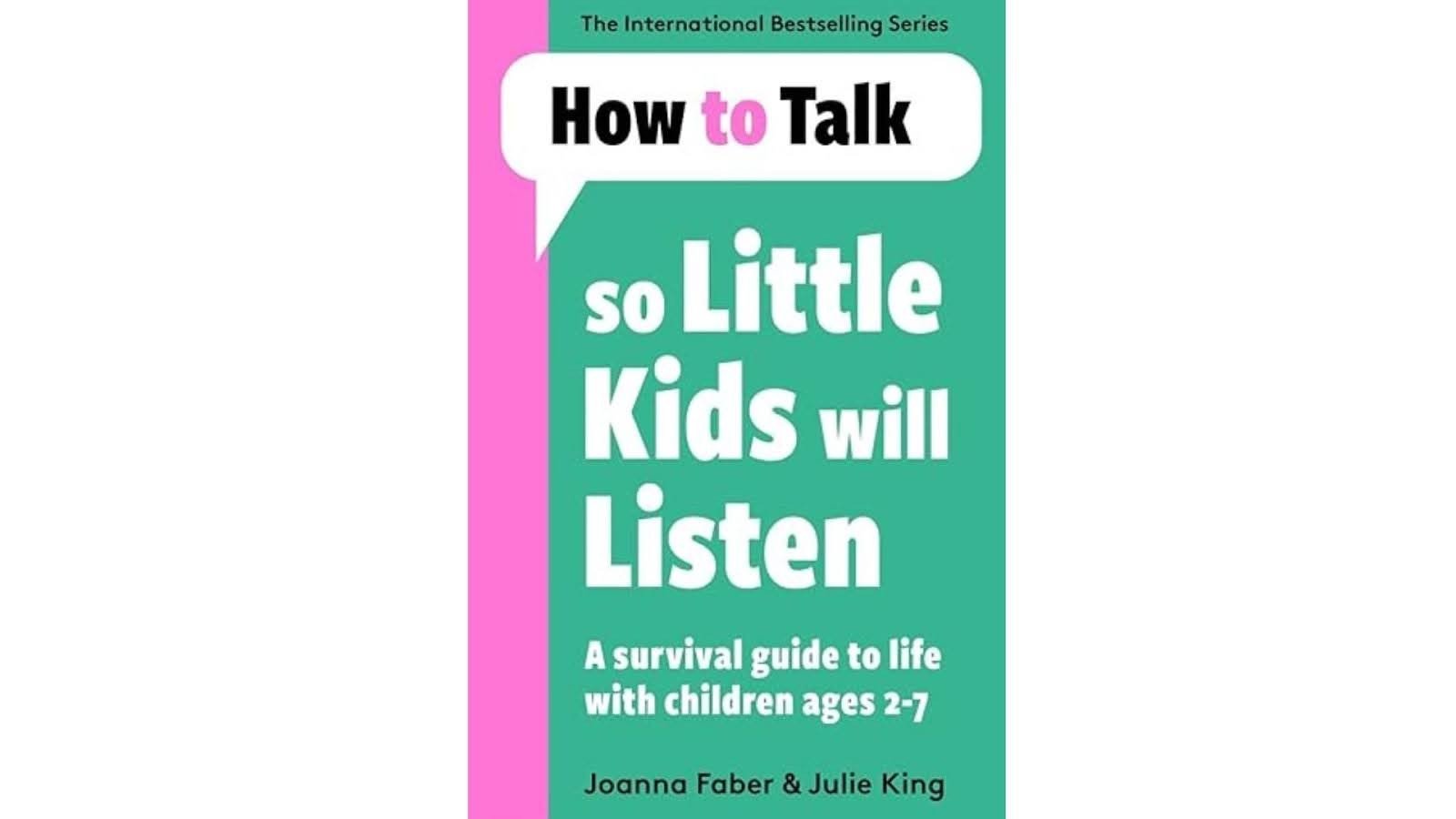
Communication with toddlers doesn’t have to be a constant battle. Faber gives parents specific words and phrases that actually work with children ages 2 to 7. The book teaches how to get cooperation without yelling, bribing, or threatening.
Real-life examples show parents exactly what to say in tough moments. From morning routines to bedtime struggles, the book covers situations every parent faces. The strategies help children feel heard while still maintaining important boundaries and rules.
This approach builds strong relationships between parents and children. Instead of power struggles, families learn to work together. The techniques take practice but create lasting positive changes in how family members talk to each other.
Simplicity Parenting by Kim John Payne
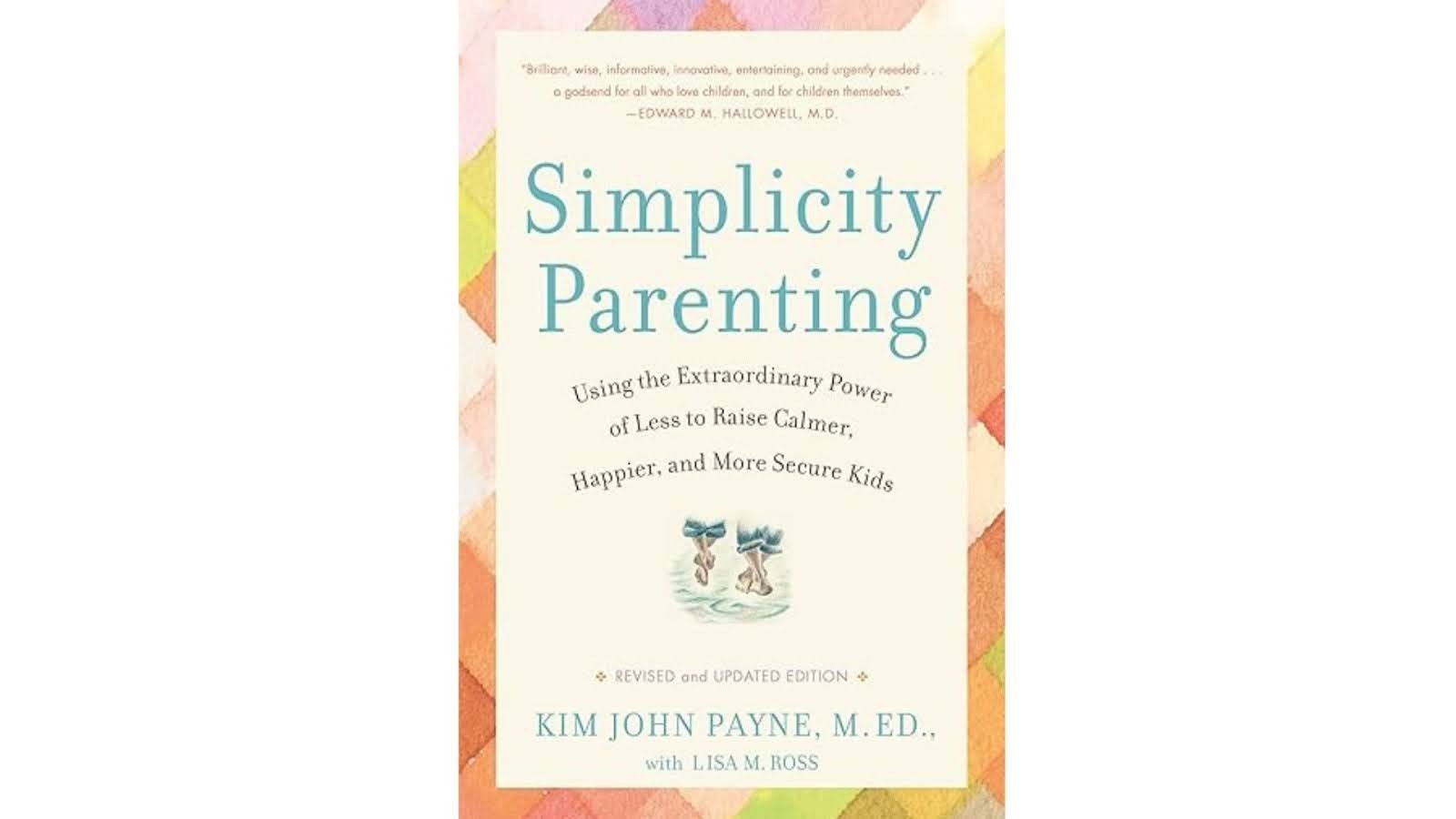
Modern kids often feel stressed by too many choices, activities, and stuff. Payne shows how reducing these pressures creates happier, calmer children. The book teaches parents to cut through the noise and focus on what really matters.
The four main ideas are simple: reduce toys and clutter, create predictable routines, limit overwhelming activities, and filter out adult worries. These changes help children feel secure and able to focus on playing and learning.
Families who try this approach often see quick improvements in behavior and mood. Children sleep better, play more creatively, and cooperate more easily. The book makes it clear that less really can be more when raising young children.
The Whole-Brain Child by Daniel J. Siegel
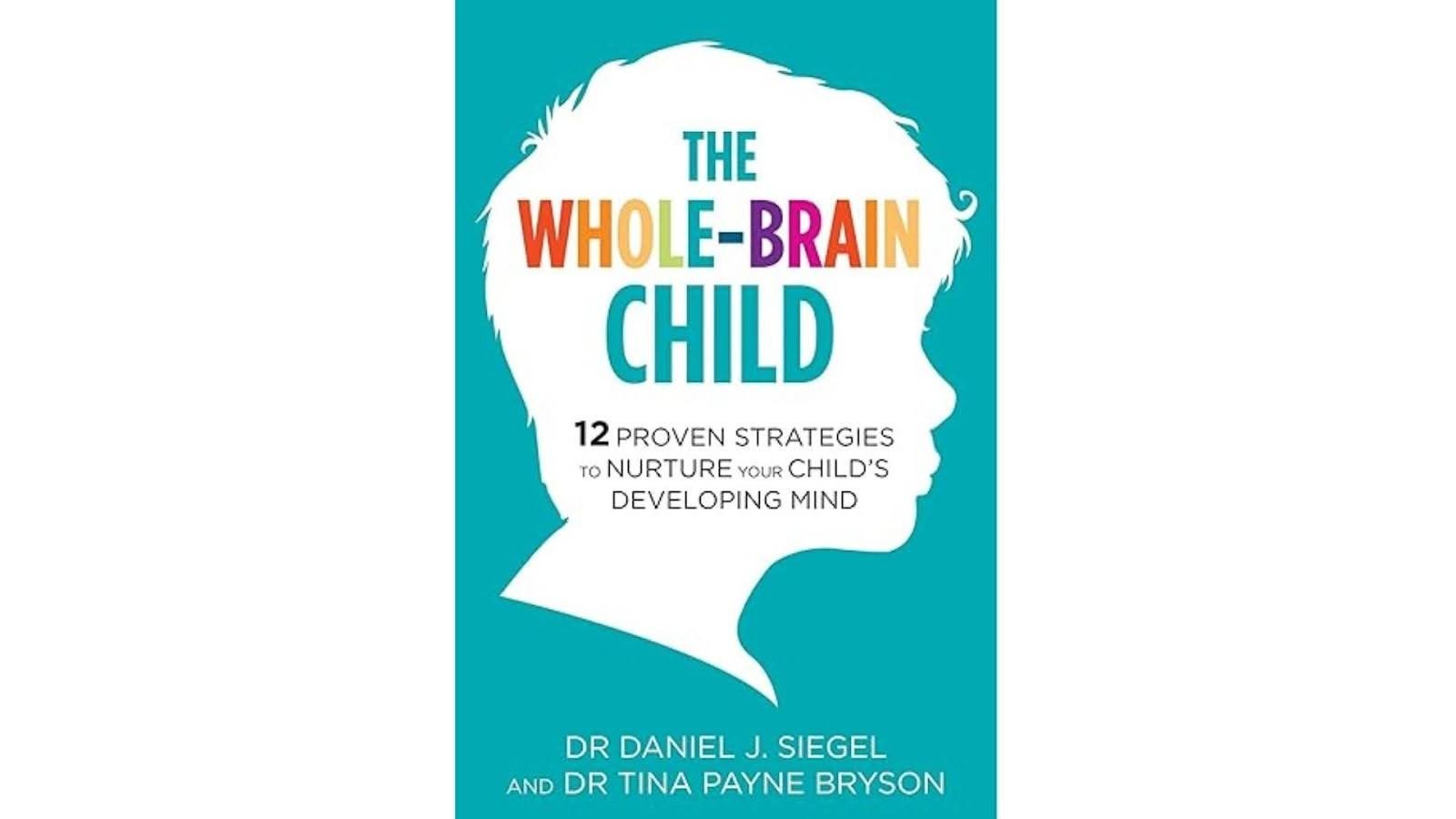
Understanding how your toddler’s brain works changes everything about parenting. Siegel explains brain development in ways that make sense to regular parents, not just scientists. The book shows why toddlers act the way they do and how to respond helpfully.
The authors give twelve practical strategies based on brain science. These tools help children learn to handle big feelings, solve problems, and build good relationships. Parents learn to work with their child’s developing brain instead of against it.
This knowledge helps parents stay calm during tough moments. When you understand that tantrums are normal brain development, not bad behavior, your whole approach changes. The strategies build emotional intelligence that lasts a lifetime.
No Bad Kids by Janet Lansbury
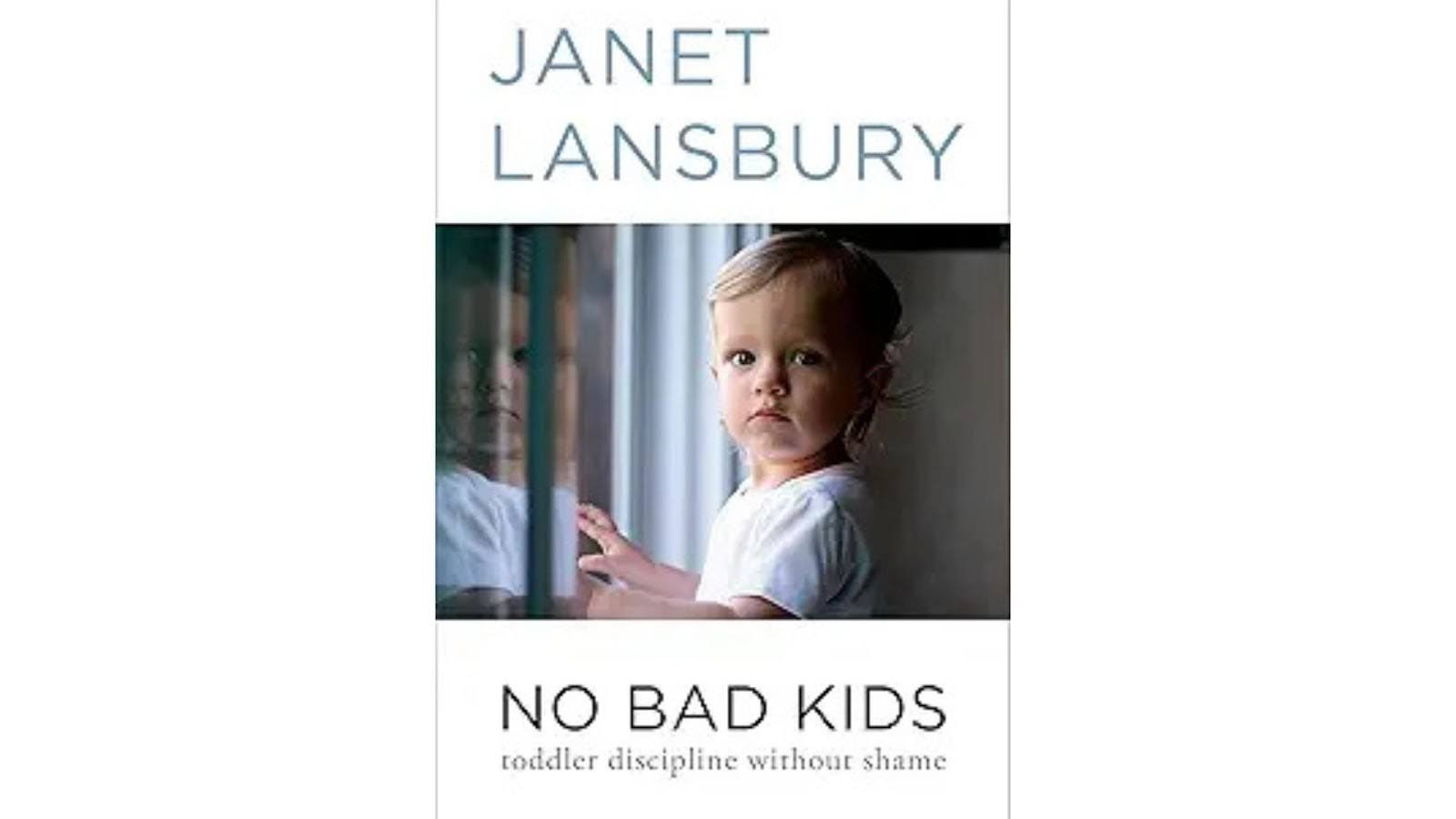
Lansbury believes all behavior has a reason and no child is truly “bad.” This book teaches parents to set limits with respect and understanding. The approach stops power struggles while still teaching children important life lessons.
The book shows parents how to stay calm and confident during challenging moments. Instead of punishment or rewards, families learn to use natural consequences and clear communication. Children feel respected while still learning right from wrong.
This method builds trust between parents and children. Kids learn to make good choices because they want to, not because they fear punishment. The respectful approach creates cooperation and stronger family bonds over time.
Oh Crap! Potty Training by Jamie Glowacki
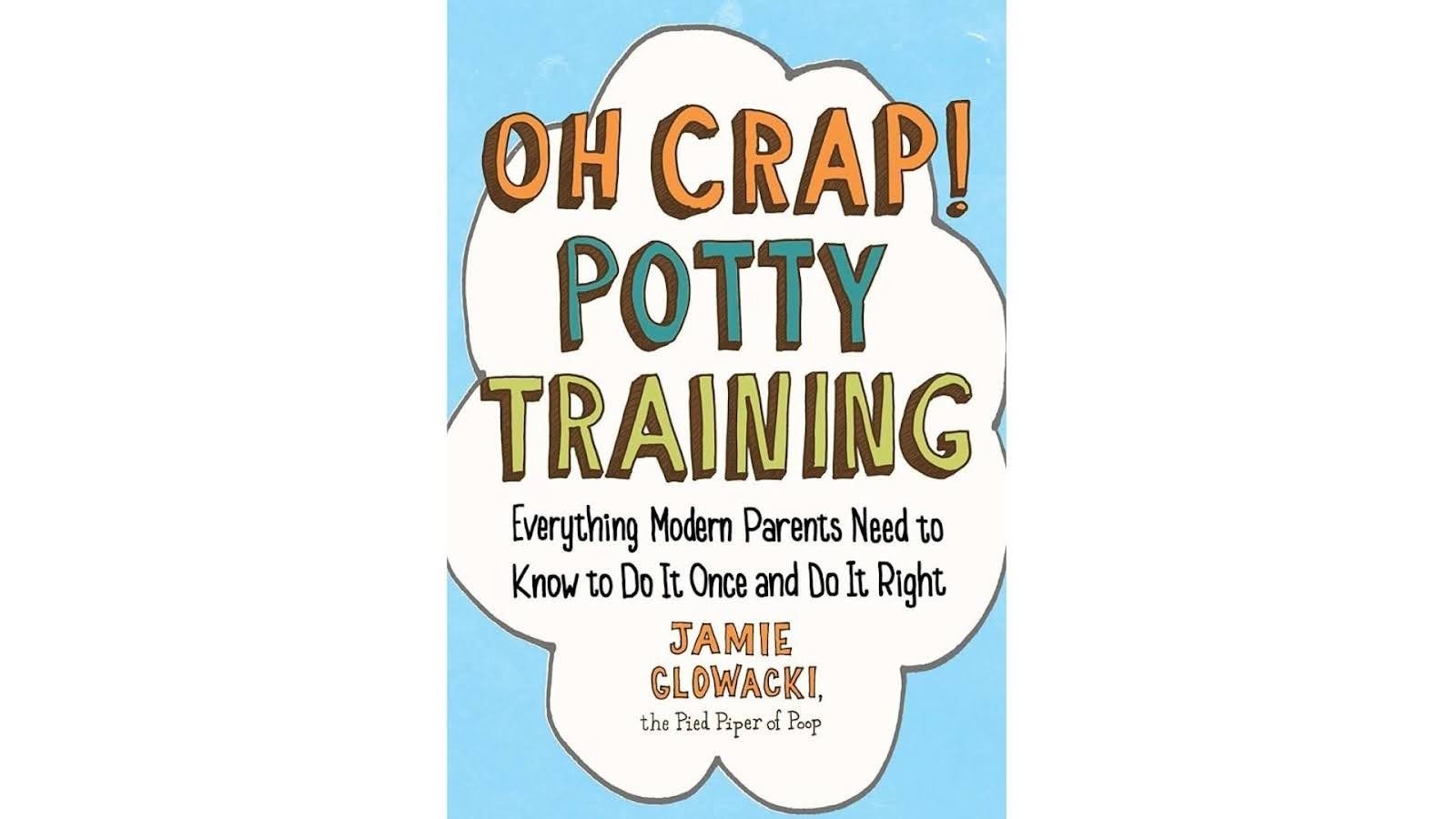
Potty training doesn’t have to take months or cause daily stress. Glowacki’s method is direct and gets results quickly for most children. The book covers different approaches based on your child’s personality and readiness level.
The author has helped thousands of families through this process and knows what works. She addresses common problems like accidents, resistance, and regression with practical solutions. The book includes step-by-step plans for different situations.
Parents appreciate the honest, no-nonsense approach that cuts through confusing advice. The method respects children’s development while giving parents confidence to lead the process. Most families see results within days when they follow the plan consistently.
How Toddlers Thrive by Tovah P. Klein
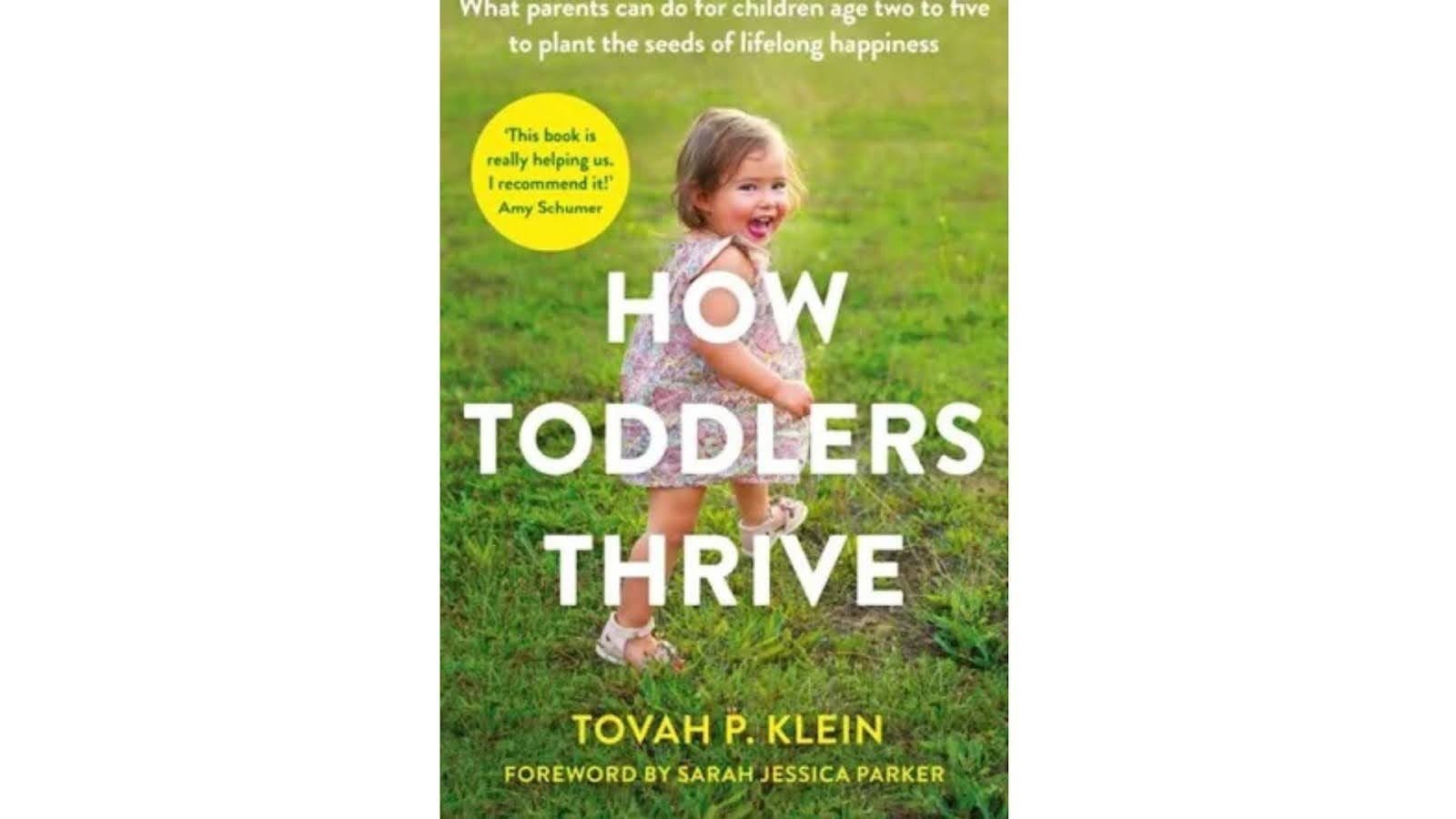
Klein helps parents understand what’s really happening during the toddler years. This stage is about building independence, not just testing limits. The book shows how to support healthy development while keeping everyone sane.
The author explains why toddlers need routines, clear rules, and patient parents. Small children are learning huge life skills like emotional control, social interaction, and problem-solving. Parents can help by creating the right environment for growth.
This understanding changes how parents see difficult behavior. Instead of something to stop, challenging moments become chances to teach and connect. The book gives hope that this intense time is building important skills for later success.
How to Get the Most from Parenting Books?
Reading parenting books is just the first step. Taking notes while you read helps you remember the most important points. Write down specific strategies you want to try and page numbers for quick reference later.
Share what you learn with your partner or other caregivers. Everyone needs to use the same approaches for them to work well. Discuss which ideas make sense for your family and how to put them into practice together.
Start with small changes instead of trying everything at once. Pick one or two strategies and practice them for a few weeks. Big changes can feel overwhelming for both parents and children, so take your time building new habits.
Essential Tips for Choosing the Right Parenting Book
Not every parenting book will fit your family’s needs. Start by thinking about your biggest challenges right now. Are you dealing with sleep issues, tantrums, or communication problems?
When looking at the best parenting books for toddlers, check if the author has real experience with children. Look for credentials in child development, psychology, or education. Books written by parents alone might not have enough research behind them.
- Consider your parenting style and values before choosing
- Look for evidence-based approaches backed by research
- Check the author’s credentials in child development or psychology
- Read reviews and ratings from other parents
- Start with one book at a time instead of buying several
Reader reviews can tell you if strategies actually work in real families. High ratings often mean the advice is practical and gets results. Don’t be afraid to return books that don’t match your situation or feel too complicated to follow.
Conclusion
These seven books represent the best parenting books for toddlers available today. Each offers unique insights into child development and practical strategies for common challenges. From communication tips to brain science, you’ll find expert guidance for this intense but rewarding stage.
Remember that parenting is a learning process for everyone involved. No book will solve every problem, but the right guidance can make daily life much easier. These authors have helped millions of families create happier, calmer homes.
Start with the book that addresses your biggest current challenge. Give yourself time to practice new approaches before moving on to additional resources. Your toddler’s growth and your confidence as a parent will both benefit from this investment in learning.
The toddler years don’t last forever, but the skills you learn now will help your family for years to come.
Frequently Asked Questions
At what Age Should I Start Reading Parenting Books?
Start reading before problems become overwhelming. Many parents benefit from reading during pregnancy or when their child turns 18 months old, as this prepares them for upcoming developmental stages.
How Many Parenting Books Should I Read at Once?
Focus on one book at a time for the best results. Reading multiple approaches simultaneously can create confusion and make it harder to implement strategies consistently with your child.
Are Older Parenting Books Still Relevant Today?
Many older books contain timeless wisdom about child development. However, newer books often include updated research and modern family situations that might be more helpful for current challenges.
Should Both Parents Read the Same Parenting Books?
Yes, when possible. Consistent approaches between parents create stability for children and prevent mixed messages. Discuss key points together to ensure you’re working as a team.
How Do I Know If a Parenting Method Is Working?
Give new strategies at least 2-3 weeks of consistent practice. Look for gradual improvements in cooperation, fewer meltdowns, and better family relationships rather than immediate perfect behavior.

